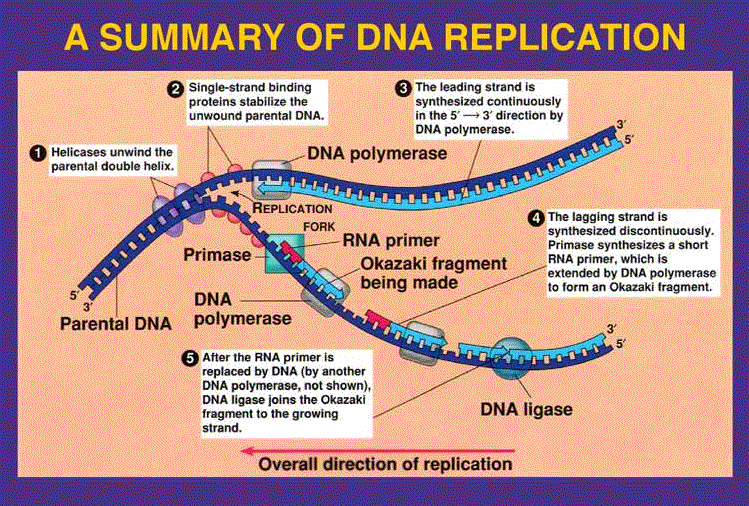 In a recent post I suggested bible study as a 'risky but serious study of the Gospel bringing together experiences of the spirit in the word with the best of biblical scholarship'.
In a recent post I suggested bible study as a 'risky but serious study of the Gospel bringing together experiences of the spirit in the word with the best of biblical scholarship'.
This post relates to my recent review of the essay by Dr Cheryl Bridges Johns, where she compares the gifts of the north and the gifts of the south.
For me, something did not feel right about this comparison of gifts and I want to explore it further in this post. Of the South, Johns writes:
Glimpsing into this window of opportunity, we see a Christianity that takes Scripture seriously. Taking Scripture seriously is not the same as being fundamentalist. Many in the Global South are quick to point out that they are not "fundamentalists"in the sense that they hold to a rigid legal code. Rather, Scripture is viewed as a living of the Spirit for the present time. This is especially true among Pentecostals where there is a fusion between Spirit and Word.
Broadly I welcome this passage but something gives me pause. I think it is the implication that the church of the North does not take Scripture seriously and does not fuse Spirit and Word. Of course, I may be reading too much into this passage but I think we need to get beyond the stereotypes.
I shall stick with what i know best, which is the approach to the Bible in the North. The first thing to note is there is no single approach in the North. Even academic critical methods vary and whilst these approaches are sometimes believed not to be Spirit filled, it does depend how preachers use the insights of such criticism.
But it is simply not true that all Northern Scriptural interpretation comprises critical methods of this type. For many years, we have spoken and written of contextual theologies, interpretations that originate from the life experiences of believers rather than from the liberal consensus in academia.
I rather suspect contextual theologies are to some degree a place where Northern and Southern approaches are already meeting. But I think it is important to underline the importance of using the insights of criticism. In practice they pose little threat to the believer because the act of interpretation in any community brings together the insights, knowledge and wisdom of its members with the Spirit of God. If not, why do it?
I think the problem is we are locked into a dispute about Scripture: whether or not it is inspired by the Spirit, and if so does this mean it is inerrant? This is so tired, I wonder whether we need to think about Scripture in a different way.
When I studied biology during the 1970s, there was at the time a definition of life. I don't know whether it is still taught but it is an interesting definition. Life was defined as: the shortest length of nucleic acid (DNA or RNA) capable of reproducing itself.
The thing about this definition is it conceals a deal more than it reveals. Those who know any biology will know that no length of nucleic acid is capable of reproducing itself. Even a mile of nucleic acid cannot reproduce itself. Nucleic acid can reproduce itself only if it is inside a cell.
The reproduction of DNA and RNA is an amazing natural process but nucleic acids cannot do it alone; they need a cloud of other chemicals (mainly proteins (enzymes) and other nucleic acids) to be able to reproduce.
Use this as an analogy and substitute Scripture for nucleic acid. Interpretation is the equivalent of reproduction, because the Scriptures reproduce the Good News in the world. And the act of interpretation, as mission in the world, is carried out by the Christian community.
Where is the spirit in this? I would say not in the words on the page, which are fixed, but in the act of interpretation. Our interpretations of Scripture vary greatly, depending upon context, and they are, though supported by the Spirit, not inerrant. But it is the interpretations that count. Nothing else makes the Good News real to people in the here and now. Believe what you will about Scripture, it is the interpretations that count. Without interpretations, Scripture is simply words on a page.
Indeed, our conflicts are largely over interpretation and perhaps we need as Christians to cut each other some slack. We need to honour the Spirit wherever we find interpretations that differ from ours and welcome differences in interpretation as opportunities to deepen our knowledge and experience of the Christian faith.
(For those who are interested, here is a somewhat unhelpful summary of DNA replication, listen for the other chemicals involved.)


Comments